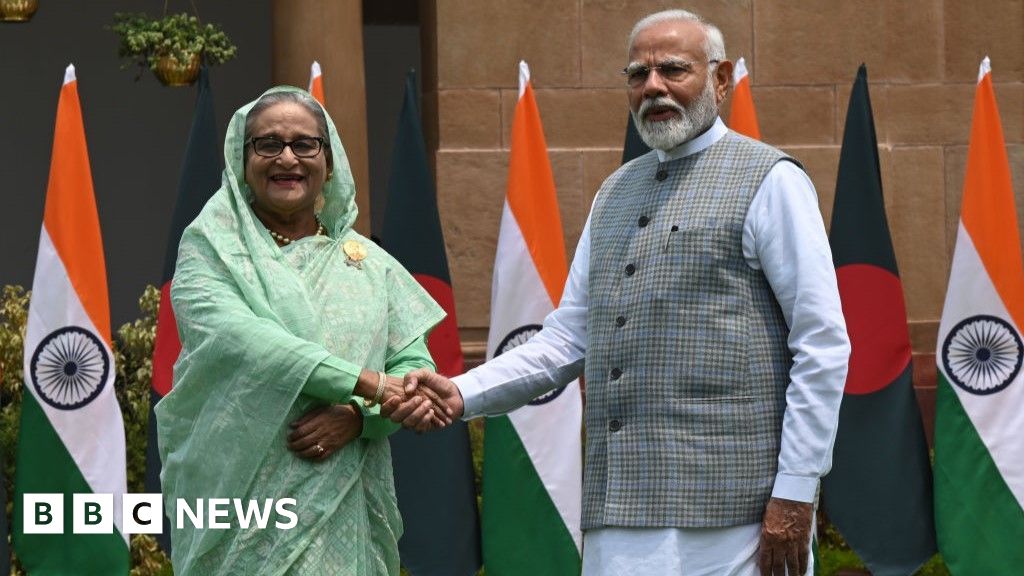US, Allies Call For 21-day Ceasefire On Israel-Lebanon Border
The United States and its allies have called for a 21-day ceasefire on the Israel-Lebanon border, effective immediately.

The United States and its allies have called for a 21-day ceasefire on the Israel-Lebanon border, effective immediately. The proposed pause, endorsed by a 12-nation bloc, including the UK, EU and several Arab states, comes amid intense fighting between Israel and Hezbollah. Israeli airstrikes have killed nearly 600 people and displaced roughly 5 lakh people in Lebanon since Monday.
The joint statement, issued by President Joe Biden and French President Emmanuel Macron, stressed the need for safety and security, urging both Israel and Lebanon to agree to a temporary halt in hostilities. “The exchange of fire since October 7th, and in particular over the past two weeks, threatens a much broader conflict, and harm to civilians,” the leaders said. They said the proposed ceasefire would allow diplomatic efforts to succeed and “enable civilians to return to their homes.”
The call comes after Israel's military chief, Lt Gen Herzi Halevi, signalled that extensive airstrikes on Hezbollah in Lebanon could lead to Israeli forces entering enemy territory. The joint statement by the US and its allies noted that the hostilities were presenting the risk of broader regional “escalations” across the border.
Despite the international push, official responses from the Israeli and Lebanese governments are still pending. According to a senior US official, negotiations with Lebanon are underway, expecting the government, and not Hezbollah, to take the lead in handling non-state actors within its borders, the BBC reported.
Earlier, UN Secretary-General Antonio Guterres also called for an immediate ceasefire in Lebanon, cautioning that “hell is breaking loose.”
Lebanon's Prime Minister Najib Mikati condemned the airstrikes, calling them a violation of Lebanese sovereignty. He hoped for a resolution that pressured Israel into agreeing to the ceasefire, adding, “We are facing blatant violations of our sovereignty and human rights.”
In response, Israel's UN envoy, Danny Danon, maintained that Israel does not seek a full-scale war but is committed to using “all means at our disposal” to protect its citizens, in line with international laws.
Meanwhile, cross-border attacks continue, with Hezbollah targeting Israeli military and intelligence installations.
Iran, Hezbollah's primary backer, condemned Israel's airstrikes, warning that the Middle East is facing a “full-scale catastrophe.” Tehran also vowed it would support Lebanon by “all means necessary” should Israel intensify its military offensive.















